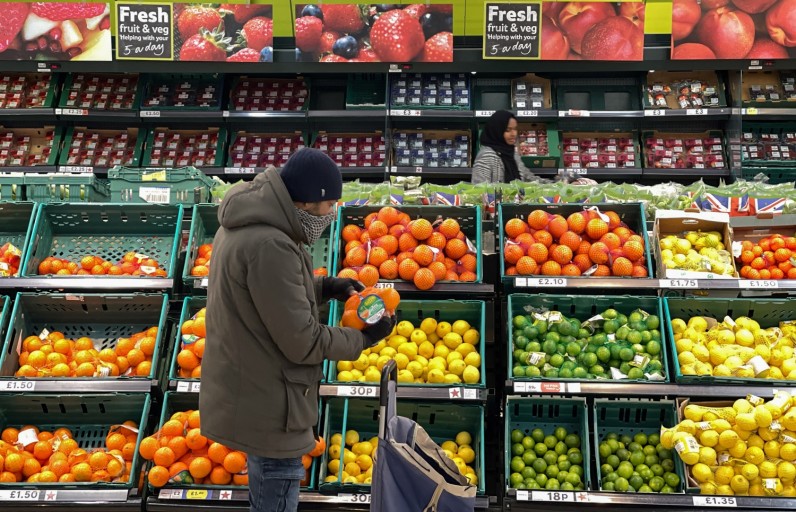
A recent investigation by consumer champion Which? has shed light on misleading country-of-origin labels in UK supermarkets, leaving shoppers in the dark about where their food truly comes from.
The investigation revealed instances where labels did not accurately reflect the origin of the products, The Guardian reported. For example, loose cauliflowers, red cabbage, courgettes, and onions at Sainsbury's lacked visible origin labels, as did peppers, melons, and mangoes at Asda.
Deceptive Labels Mislead Consumers About Food Origins
The lack of clear labeling can mislead consumers into thinking they are buying locally sourced products when they are not.
One of the striking findings was at Aldi, where products like tomatoes from Morocco, parsley from Italy, and sweet mini peppers from Spain were displayed under banners promoting "Championing Great British Quality," creating a misleading impression of their origin.
The report also highlighted specific product labels that provided vague or confusing information. A pack of sausage rolls from Lidl was labeled as processed using "UK and non-UK pork," while gammon joints at Iceland were labeled as "EU and non-EU origin," which experts described as "meaningless."
The investigation also noted cases where packaging featured prominent British symbols like the Union Jack and "Made in Britain" labels, despite the products containing imported ingredients.
This discrepancy was found in products like Aldi's Crestwood bacon and cheese wraps and steak and gravy pie.
UK Shoppers Prefer British-Labeled Products
Which? conducted a survey revealing that 64% of respondents preferred to buy British-labeled products, showcasing a consumer preference for locally sourced items.
However, confusion arises because current labeling rules do not uniformly apply to processed products, leading to inconsistencies in labeling practices across supermarkets.
Reacting to these findings, Which? Retail Editor Ele Clark emphasized the importance of clear labeling for both fresh produce and processed meat products.
Clark called for supermarkets to improve labeling practices to ensure consumers have accurate information to make informed choices.
The watchdog expressed its intention to present its findings to the Department for Environment, Food, and Rural Affairs as part of its ongoing consultation on improving food labeling standards
The supermarkets in question, including Aldi, Asda, Sainsbury's, Iceland, and Lidi, defended their labeling practices and stated their commitment to providing honest information to customers.







Join the Conversation